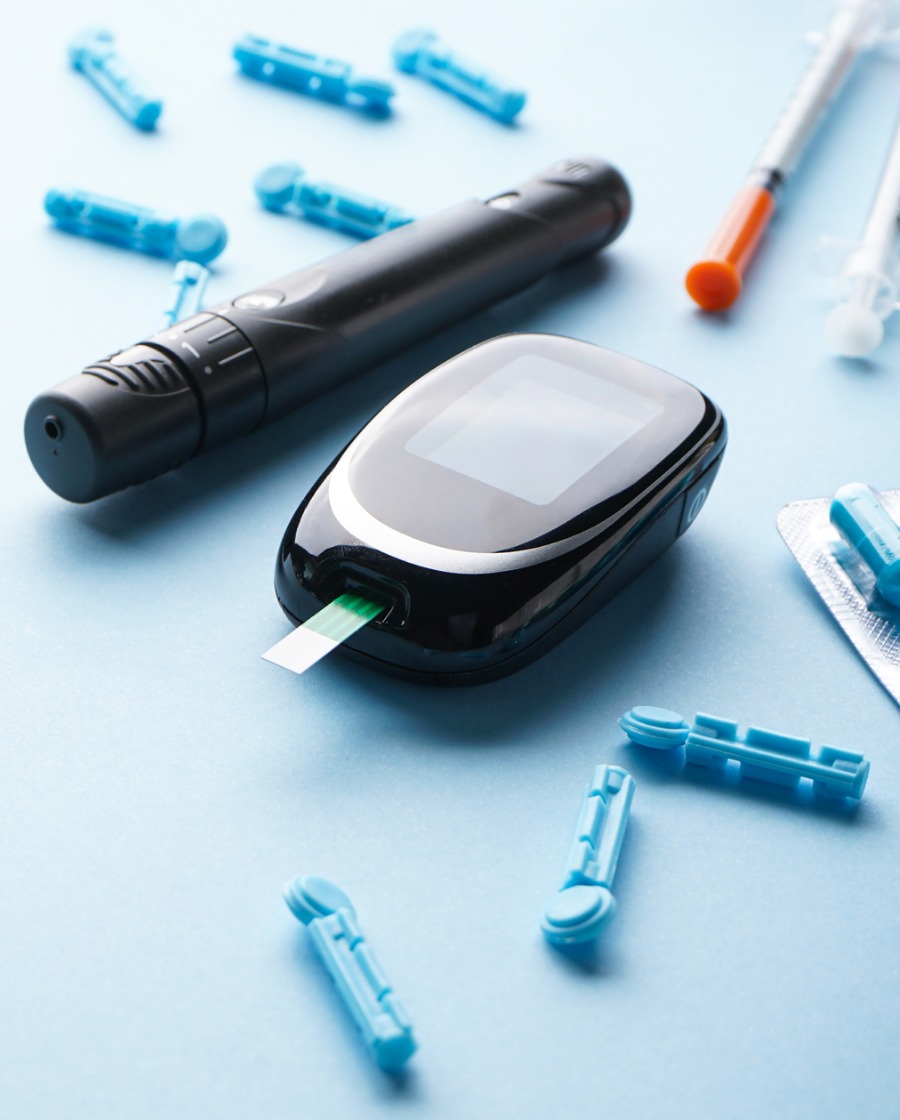The summary report of the National Diabetes Inpatient Audit for England and Wales revealed statistics of extreme concern. On the day of the audit in 2019, two-fifths of inpatient drug charts for insulin-treated inpatients had one or more insulin error. That’s 40% of insulin-treated patients at risk of reducing their quality of life.
Encouragingly, the frequency of insulin errors has reduced by almost 20% since a comparable audit in 2011 but this progress has stagnated. In 2017, 4 in 10 insulin-treated inpatients were experiencing one or more insulin errors.
As well as continued education and vetting of healthcare professionals, we also believe greater uptake in diabetes education is needed to dramatically reduce the error rate. This will allow for more people with diabetes to take control of their own health confidently and effectively.
In partnership with Spirit Healthcare, we designed and developed a platform that enabled GPs, other healthcare professionals and patients to refer to the Diabetes Book and Learn (DBL) service. The patient living with the condition is then offered the choice of any diabetes education course available across south London. This gives patients a much wider range of course locations, formats, and independence than previously offered.
John Dibb, Joint CEO of PDH says:
“Many healthcare and lifestyle concerns can be treated with an adequate education. If we’re to protect the welfare of insulin-treated patients, accessible diabetes education is vital. Not just for the physical health of patients but their mental health too. Lack of education in your own condition can lead to copious amounts of stress and mental ill-health.
“Pre-pandemic, 90% of all DBL referrals resulted in a course booking. To reflect the needs of a COVID-world and to put a stop to travel-based obstacles, we knew we had to adapt the current platform that offered face-to-face and digital courses to now include digital and virtual face-to-face courses. And that’s exactly what we did.
“Improved patient choice generates greater accessibility for people with diabetes to book courses that allow them to understand more about their condition and prevent future health problems.”
Since its launch in September 2018 and the digital advancement, the platform has seen over 21,500 referrals from GPs, other healthcare professionals and patients themselves.
 ?>
?>



